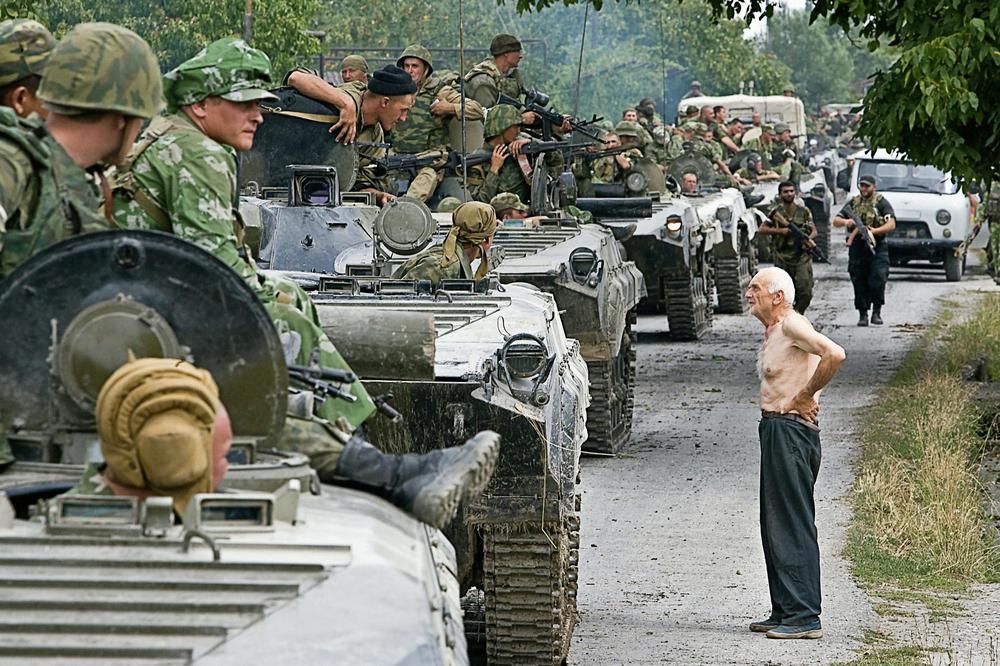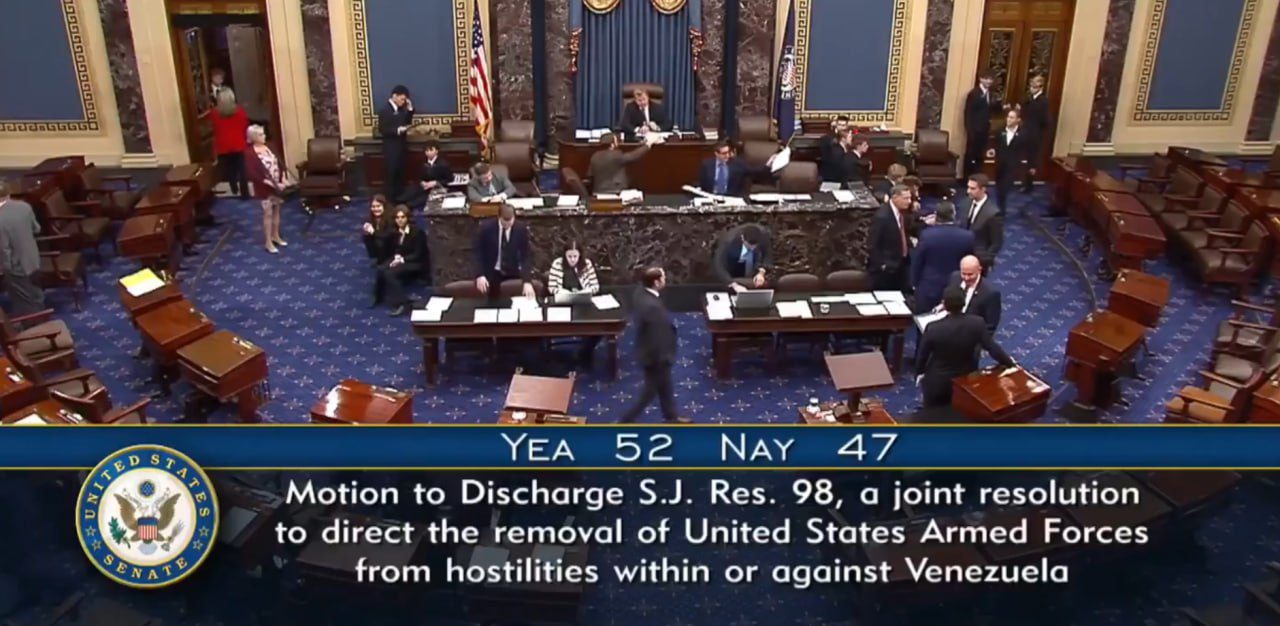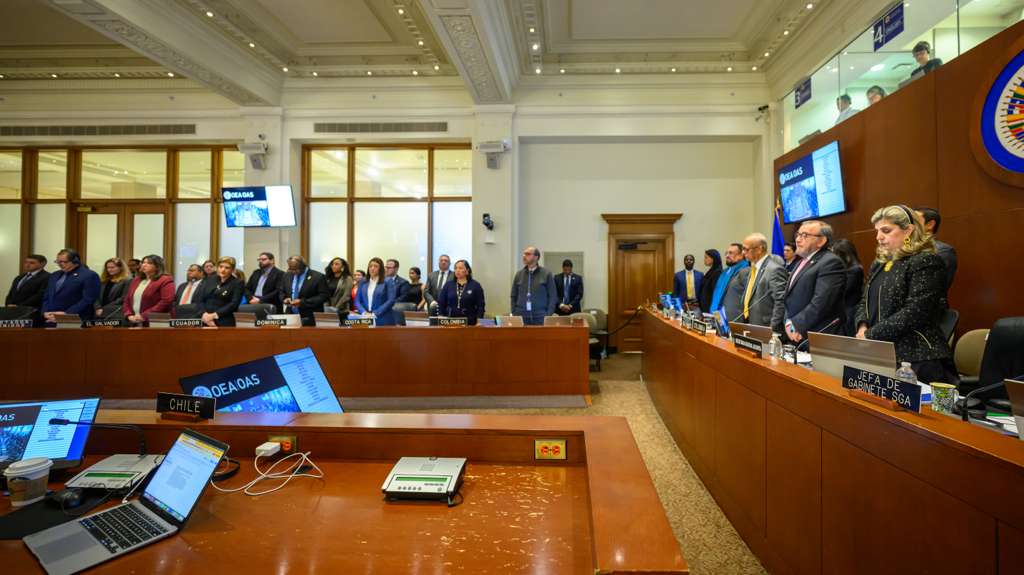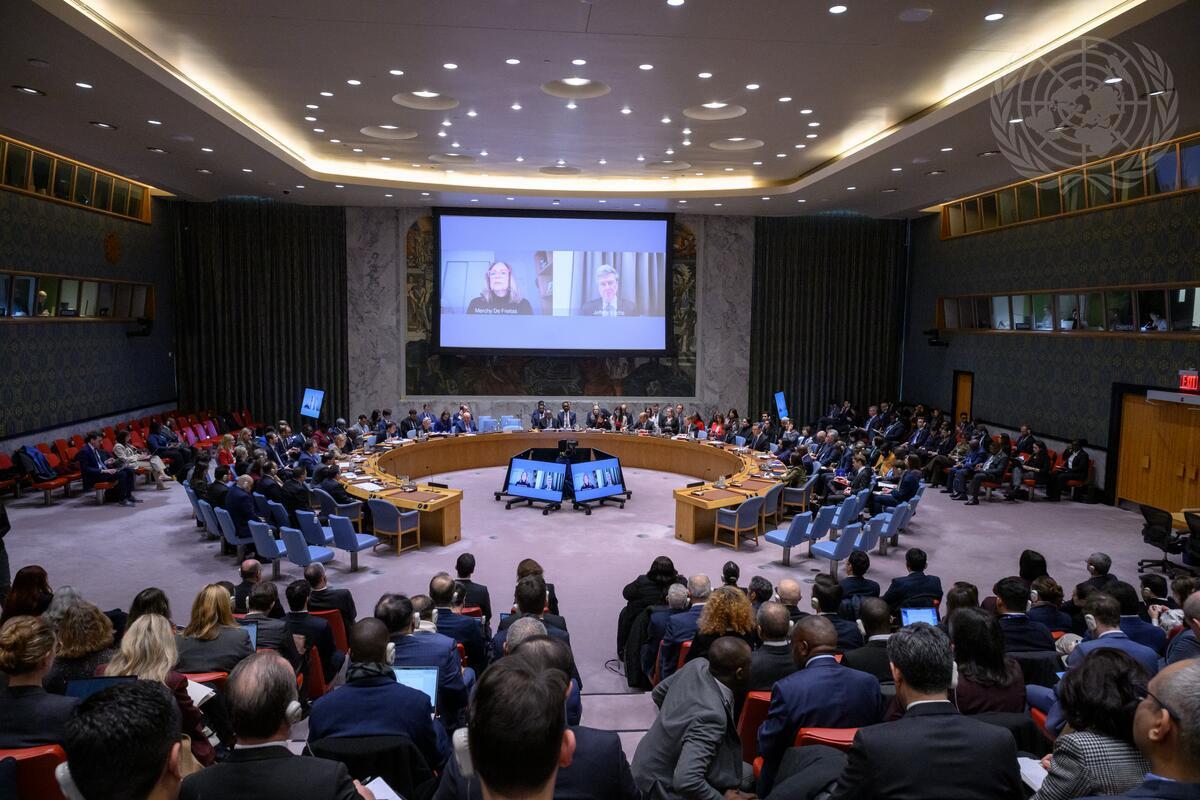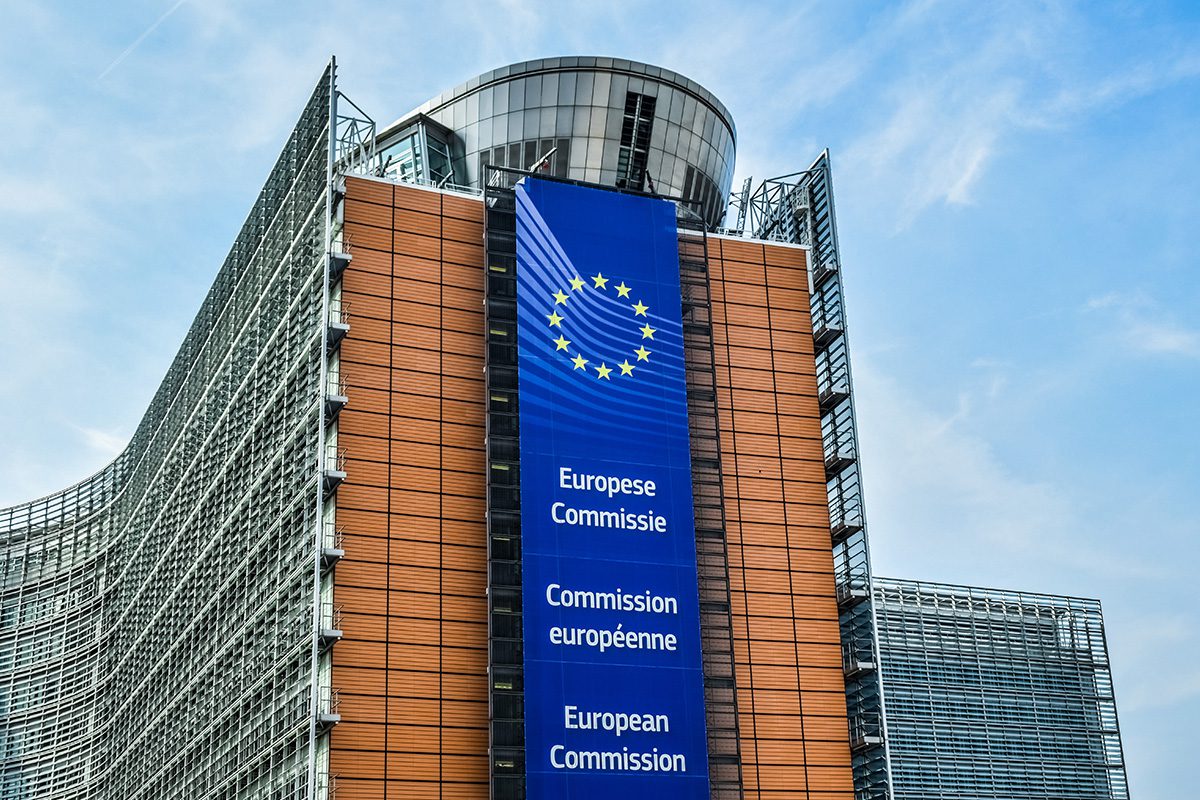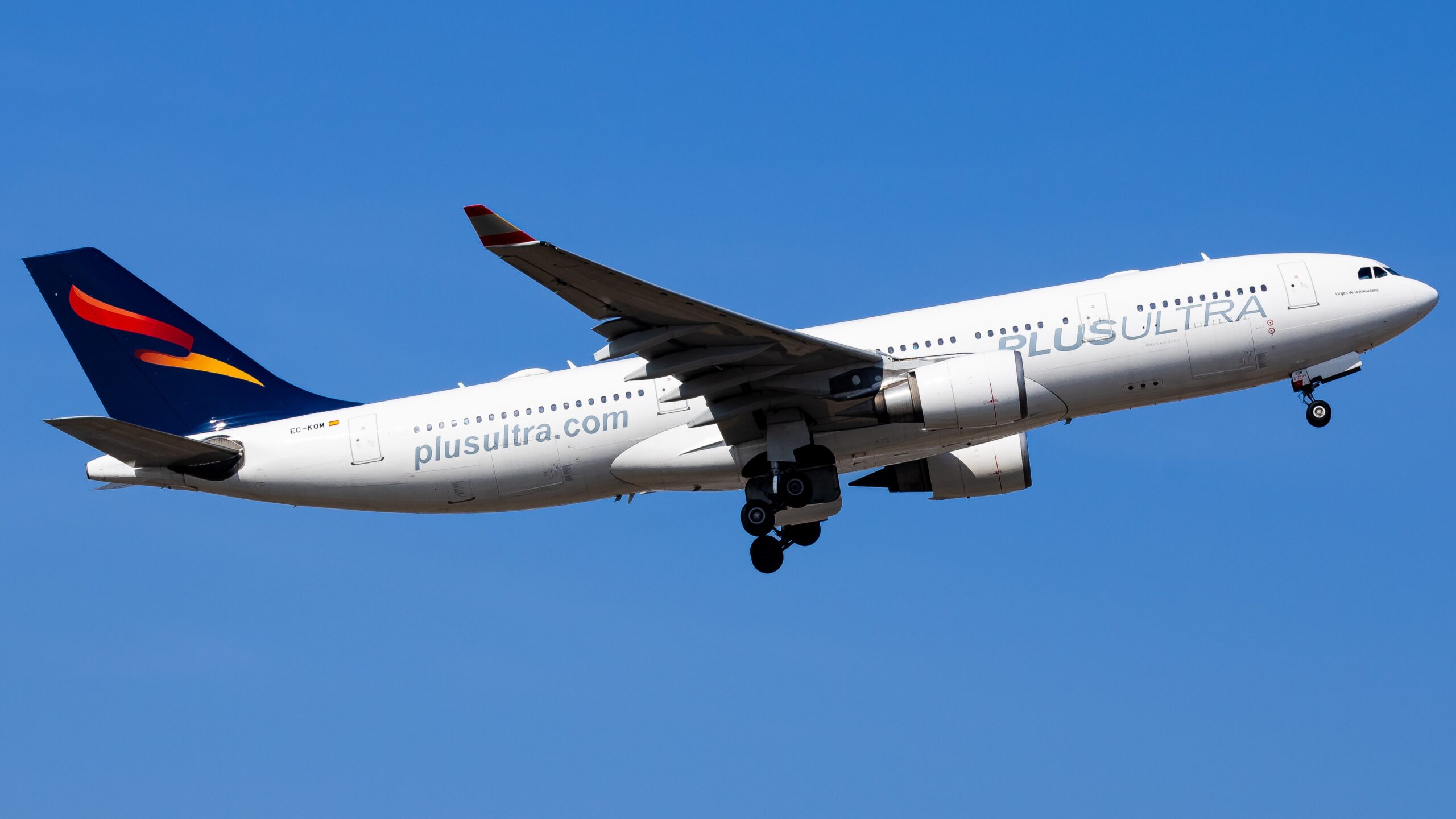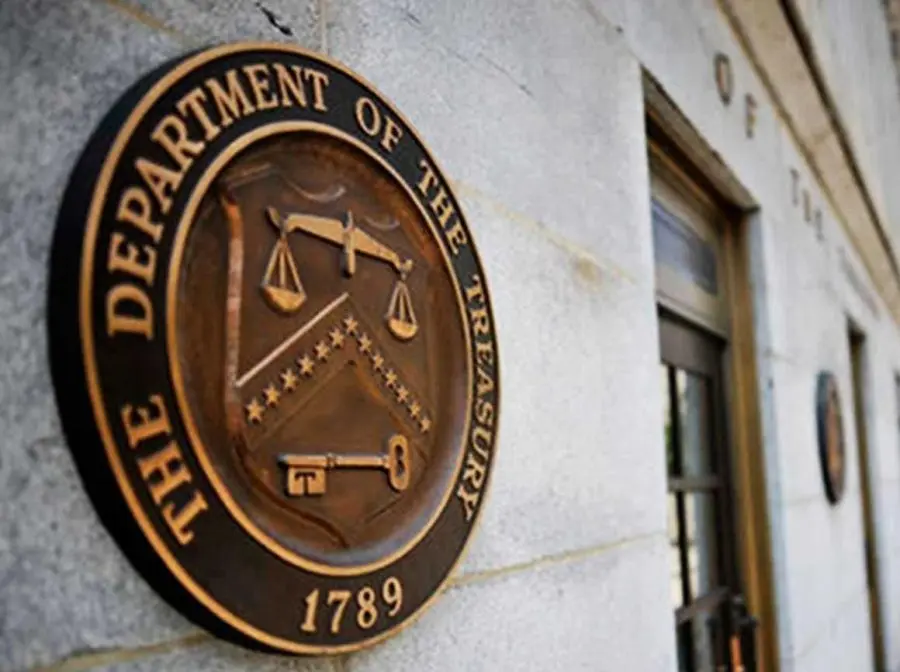Venezuela was one of Russia’s main political supporters during the war in Georgia in 2008. Photo: Georgia.to.
Guacamaya, August 7, 2025. On the anniversary of the 2008 conflict between Russia and Georgia, marking 17 years since the brief but decisive war that transformed the geopolitics of the Caucasus, it is worth revising Venezuela’s role in this scenario. Since 2008, Caracas has maintained a clear stance aligned with Moscow, recognizing the independence of the republics of Abkhazia and South Ossetia and providing political support to Russia amid its tensions with the West.
The 2008 Conflict: A Lightning War with Deep Roots
The Georgia War, also known as the South Ossetia War, erupted in August 2008 but was the result of years of ethnic, geopolitical, and territorial tensions between Georgia, Russia, and the separatist regions of the Caucasus.
Following the dissolution of the Soviet Union in 1991, Abkhazia and South Ossetia declared independence from Georgia, sparking armed conflicts in the 1990s. Though largely frozen, these conflicts saw growing rivalry between Russia and the West for influence in the post-Soviet space, particularly in countries like Georgia and Ukraine.
Tensions escalated when Georgia expressed its desire to join NATO and strengthened ties with the U.S. and the European Union. In this context, Russia began distributing Russian passports to citizens in South Ossetia and Abkhazia, increasing its influence by claiming protection for its nationals.
On August 7, 2008, then-Georgian President Mikheil Saakashvili ordered a military offensive to retake South Ossetia, triggering an immediate and massive Russian response. Within five days, Russian forces repelled Georgian troops, advanced into Georgian territory, and consolidated their military presence in South Ossetia and Abkhazia.
The war ended with an EU-mediated ceasefire, but its consequences endure: Russia formally recognized the independence of both regions, established permanent military bases, and deepened its geopolitical control in the Caucasus. Georgia, meanwhile, severed diplomatic relations with Moscow and continues to demand the restoration of its territorial integrity.
This conflict marked a turning point in Russia-West relations, foreshadowing later tensions such as the 2014 Ukraine war and the 2022 invasion.
Chávez and Support for Russia: “Moscow Did What It Had to Do”
In this context, then-Venezuelan President Hugo Chávez did not hesitate to back Russia. “Moscow did what it had to do in response to a military provocation by Washington in South Ossetia,” he declared. Chávez framed the conflict as part of a U.S. strategy to encircle Russia through regional allies, stating that “Moscow is surrounded by the (American) empire.”
Rarely had Venezuela taken sides in such a conflict in its diplomatic history.
In 2009, during a visit to Moscow, Venezuela became the second Latin American country—and one of the few in the world alongside Russia and Nicaragua—to officially recognize the independence of Abkhazia and South Ossetia, solidifying a geopolitical alliance with Moscow that persists today. This gesture was seen by Russia as a sign of loyalty and a commitment to a multipolar world.
Abkhazia maintains an embassy in Caracas, and South Ossetian authorities have also visited Venezuela, receiving formal recognition from Nicolás Maduro.
Georgia, Guaidó, and Reciprocal Diplomacy
The closeness between Caracas and Moscow, and their shared support for the Caucasus’ separatist republics, has caused friction with Georgia. In 2019, during Venezuela’s institutional crisis, then-Georgian Foreign Minister David Zalkaliani announced recognition of Juan Guaidó, president of Venezuela’s National Assembly, as interim president.
“Georgia recognizes Juan Guaidó as interim president of Venezuela, welcomes the statements of its allies on this matter, and supports the Venezuelan people in their struggle for democracy and freedom,” Zalkaliani declared at the World Economic Forum in Davos. The announcement, made via Twitter, highlighted the diplomatic rift between Tbilisi and Caracas, influenced by their respective international alignments.
Maduro and Chávez’s Geopolitical Legacy: Between Continuity and Circumstance
Despite tensions, Nicolás Maduro has maintained Venezuela’s pro-Russia foreign policy, albeit with nuances. In 2024, following Georgia’s parliamentary elections, Maduro publicly acknowledged the victory of the party Georgian Dream and criticized Western interference in the country’s affairs.
“In Georgia, a political option opposed to some Western interests has won. The European Union and Mr. Borrell, as they act in Venezuela, want to act everywhere,” Maduro stated. Venezuela’s foreign ministry also reaffirmed its recognition of Abkhazia and South Ossetia, insisting on the legitimacy of its “sovereign” decisions.
Georgia in the Middle Corridor: A Key Piece in Dispute?
Beyond symbolism, Georgia holds high geostrategic value as part of the Middle Corridor—a Eurasian connectivity route linking Europe to China while bypassing both Russia and Iran. This corridor has gained importance for international trade and logistics since the Ukraine war.
Key infrastructure like the Port of Poti plays a crucial role. However, by 2023, it had reached full operational capacity, requiring urgent investment to sustain its logistical function. Modernizing the Sivas-Kars-Georgia railway line by 2030, as recommended by the World Bank, is also critical. All this depends on political stability, now in question due to unresolved territorial disputes.
Instability in Georgia has far-reaching implications: any disruption to its political or territorial balance could affect the corridor’s functionality, impacting global commercial interests, including those of European and Asian powers.
Venezuela’s Neutrality on Ukraine: Pragmatism in Wartime
In contrast to its firm support for Russia in 2008, Venezuela has taken a more nuanced approach to the Ukraine war since 2022. Officially declaring itself “neutral,” Caracas has repeatedly called for dialogue to end the conflict—despite Maduro echoing Russian narratives and criticizing Ukrainian President Zelensky.
A key difference is that Venezuela has not recognized the pro-Russian republics of Donetsk and Luhansk, unlike its stance on Abkhazia and South Ossetia. This caution reflects pragmatism: maintaining its strategic alliance with Moscow while leaving room for potential energy and diplomatic deals with Europe or the U.S., especially as Venezuela plays a growing role in global oil supply and energy diversification debates.
A Caracas-Moscow Strategic Alliance
Venezuela’s support for Russia in the Caucasus is just one chapter in a broader strategic alliance spanning energy, military, technological, and diplomatic cooperation. Since joining the group of nations challenging the U.S.-dominated unipolar order, Venezuela’s foreign policy has consistently aligned with Russia’s vision.
This alignment has led Venezuela to recognize territories whose independence is not widely accepted—like Abkhazia and South Ossetia—positioning itself as a reliable ally for Moscow in international forums and in narratives resisting what it calls “Western interventionism.”
Seventeen years after the Georgia-Russia war, Venezuela’s position remains firm, albeit adapted to global shifts. What began as Hugo Chávez’s ideological backing for Moscow’s foreign policy has become a diplomatic constant.
Both Chávez and Maduro have linked the cause of the Caucasus’ separatist republics to the defense of a multipolar, sovereign world against U.S. hegemony. However, the Ukraine war has forced Caracas to tread carefully, preserving its strategic alliances while keeping options open with Europe and the U.S.
In a world of evolving geopolitical alignments, the Caracas-Moscow relationship remains pivotal.

